Need a lot of resources
Vietnam’s auto industry is facing a major challenge in transitioning to green technology. To “green” effectively, according to experts, it is necessary to invest heavily in new technology and infrastructure, along with strong support from state agencies.
At the workshop “Reducing emissions in the automobile industry: Many paths - One destination” organized by Dau Tu Newspaper on August 29, Mr. Phan Duc Hieu - Standing member of the National Assembly's Economic Committee - said that the green automobile industry has the opportunity to develop, but the problem is that the policy must be clear and consistent. That is, the incentive and incentive mechanisms need to be specific, long-term and stable. There needs to be sustainability between investment in the production of electric cars and charging stations, providing a localization rate and implementation roadmap; promoting consumption associated with tax reduction, incentives for both investors and consumers depending on the design purpose of the policy and the development orientation of the automobile industry.
Sharing the same view, Dr. Le Xuan Nghia - Economic expert - assessed that Vietnam has a large market to develop electric cars and electric motorbikes, and also has rare earth resources to produce batteries. However, the state and enterprises need to have long-term development policies and strategies to reduce greenhouse gas emissions, while developing a strong mechanical engineering industry that can be applied to both transportation, transportation and defense consumption.
The expert said that the biggest difficulty in developing electric cars today is capital. “Investing in electric car production requires billions of dollars with low interest rates and long loan terms. This is a big challenge for automobile businesses in Vietnam,” Dr. Le Xuan Nghia pointed out.
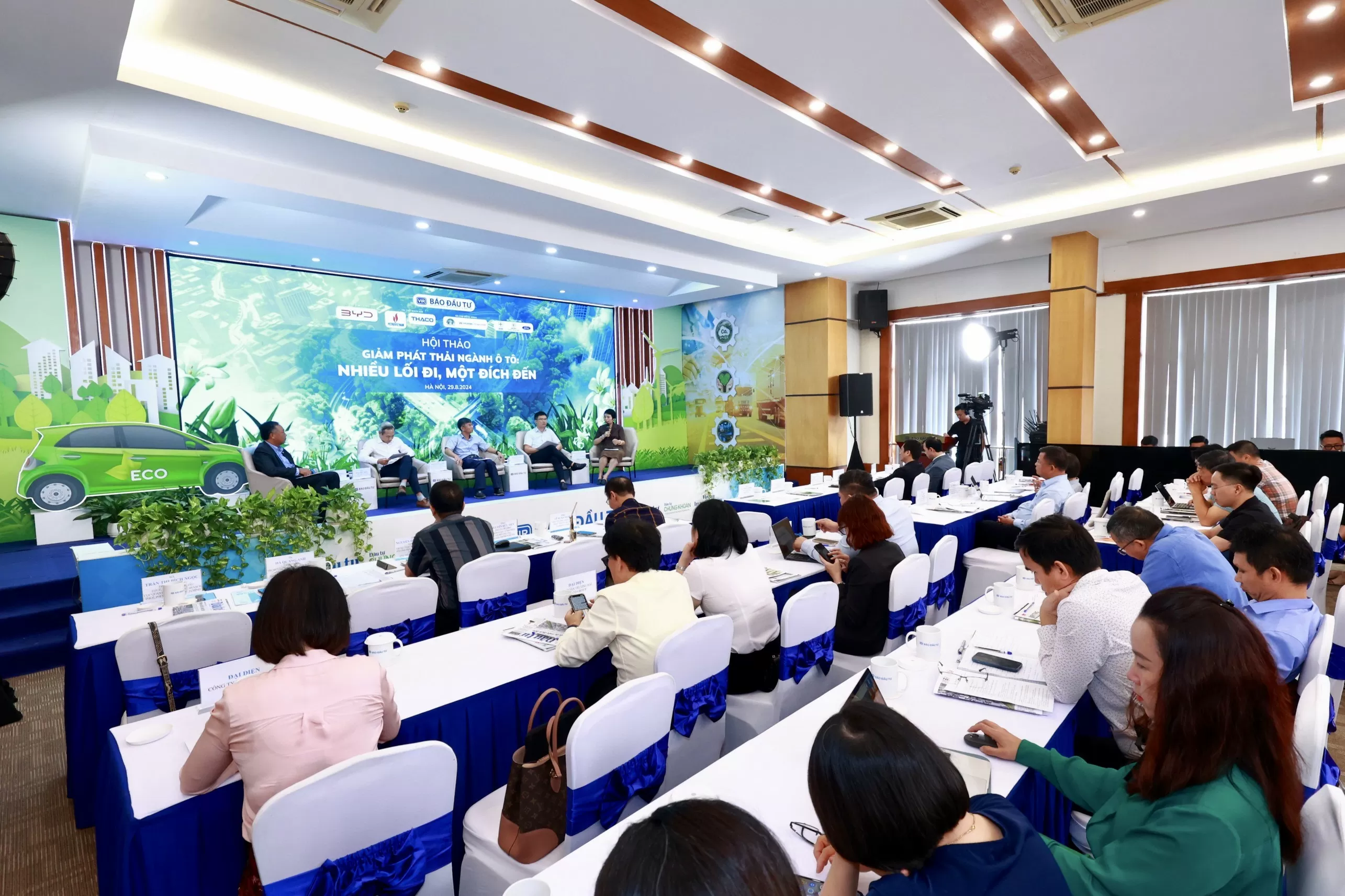 |
| At the Workshop "Reducing Emissions in the Automotive Industry: Many Paths - One Destination" |
According to the Institute for Strategy and Policy Research on Industry and Trade (Ministry of Industry and Trade), to popularize electric vehicles in Vietnam, vehicle prices are a problem that manufacturers need to consider. Accordingly, the price of electric vehicles is still high compared to gasoline and diesel vehicles. Statistical data from the Vietnam Automobile Manufacturers Association (VAMA) in 2020 also shows that the price of electric vehicles (calculating only pure production costs) is about 45% higher than vehicles using internal combustion engines. Along with increasingly better and cheaper battery production technology, by 2030, the price of electric vehicles will decrease but will still be 9-10% higher than gasoline and diesel vehicles.
Meanwhile, electric vehicles have so far only received preferential special consumption tax rates, at 15%, lower than conventional gasoline and diesel vehicles (35 - 50%). In the draft Law on Special Consumption Tax (amended), the Government is proposing to reduce the special consumption tax rate by 5 - 12 percentage points for battery-powered electric cars in the first 5 years, and from the 6th year onwards, the tax rate will increase for both imported and domestically produced cars. However, when the price of electric cars is still higher than similar gasoline-powered cars, the special consumption tax rate is not enough to bring the price of this type of car to a level that is easy to attract consumers.
Therefore, the Government's policy support for the development of electric vehicles is very necessary. In the first 10 years, the Government needs to have support policies, tax and fee incentives to stimulate demand and have policies to support the development of fast charging stations, home charging stations... These incentives will gradually decrease in the next stage when electric vehicles have a certain market share. After 2050, electric vehicles will not need separate support policies.
According to the Institute for Strategic Research and Industry and Trade Policy, countries around the world have very systematic roadmaps and policies for developing electric vehicles and always update policies with development realities. Such as policies to encourage manufacturers, support people with a certain amount of money if they buy a car for the first time... Therefore, the State needs to be proactive in building and implementing policies, having measures to support people to buy electric vehicles for the first time, support people to switch from gasoline cars to electric cars...
In addition, to have a basis to promote the development of electric vehicles in Vietnam, it is necessary to complete standards, such as technical requirements and electrical safety with fast charging systems, battery replacement, as well as optimize charging stations and battery charging locations by using renewable energy sources.
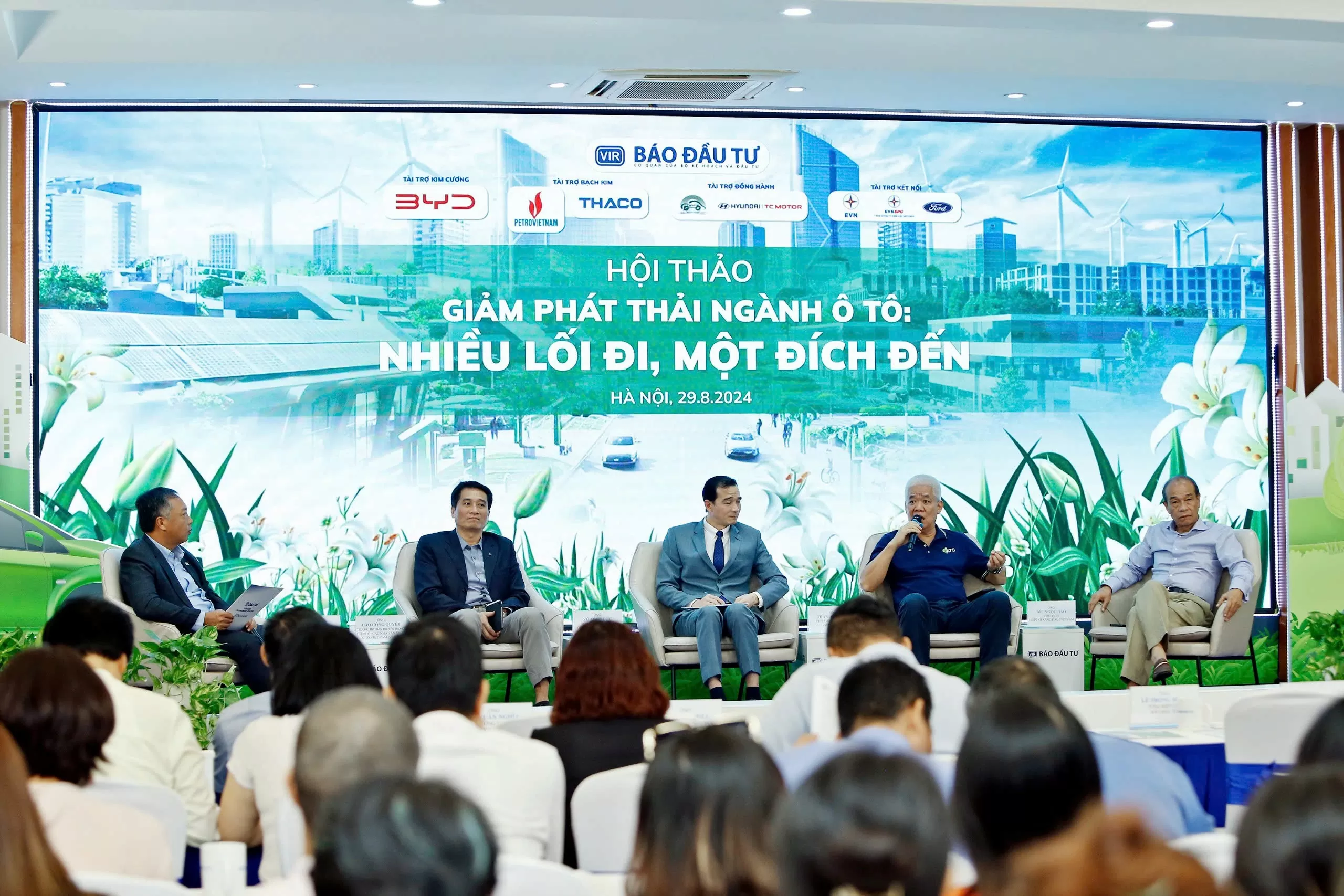 |
| To effectively "green" the auto industry, according to experts, it is necessary to invest heavily in new technology and infrastructure, along with strong support from state agencies. |
A common destination for the goal of "greening" the automobile industry
Mr. Nguyen Huu Tien - Deputy Director of the Department of Science, Technology and Environment, Ministry of Transport assessed that energy conversion in the transport sector is an issue that affects social life. Because the social life of the transport issue is related to all ministries and sectors. Decision No. 876/QD-TTg of the Prime Minister approving the Action Program on green energy conversion, reducing carbon and methane emissions of the transport sector is one of the core policies to implement, towards zero net emissions in the transport sector, for agencies and units to implement.
According to data, in 2019, Vietnam imported only 8 electric cars for the whole year. But in the first 8 months of 2024 alone, the total output of electric cars manufactured, assembled and imported reached 37,000 vehicles. Bringing the total number of electric cars manufactured, assembled and imported domestically to about 68,000 vehicles.
“We have also researched, evaluated and found that Vietnam is one of the countries with a policy of prioritizing the development of green transportation compared to other countries in the world. Vietnam is also one of the countries with a commitment to green transportation. However, the implementation process also requires coordination between both sides, from businesses, people and policies. The Ministry of Transport is also consulting with ministries and branches to study and propose a comprehensive proposal according to the recommendations of businesses to report to the Prime Minister on future policies,” Mr. Nguyen Huu Tien shared.
Regarding tax incentives, Ms. Tran Thi Bich Ngoc, Department of Tax, Fee and Charge Policy Supervision and Management, Ministry of Finance, acknowledged that environmentally friendly cars and electric cars are one of the strategies that the Government has paid much attention to until the end of 2027, after which they will be re-evaluated and adjusted accordingly.
Accordingly, in terms of special consumption tax, the rate for electric cars is much lower than that for gasoline cars, only 1 - 3% depending on the number of seats, lasting until 2027. Meanwhile, other gasoline and diesel cars are over 130 - 150%. Regulations exempt registration tax for the first 3 years for electric cars, but for cars running on fossil fuels it is 10 - 12%.
“In addition, for electric vehicle investors, the Government is also offering the highest incentives for land tax and related taxes and fees. Almost all taxes are being applied at the highest level,” said Ms. Tran Thi Bich Ngoc.
Mr. Ha Quang Anh, Director of the Low Carbon Emission Center, Department of Climate Change, Ministry of Natural Resources and Environment - said that the Ministry will have international cooperation to maximize and mobilize resources in science and technology development and have appropriate allocation. Through the Just Energy Transition Partnership (JETP), the Ministry seeks financial, human, scientific and technological resources to adopt many directions but with a common destination for the goal of greening the automobile industry.
Source: https://congthuong.vn/lam-gi-de-muc-tieu-xanh-hoa-nganh-o-to-can-dich-342312.html






![[Photo] Relatives of victims of the earthquake in Myanmar were moved and grateful to the rescue team of the Vietnamese Ministry of National Defense.](https://vstatic.vietnam.vn/vietnam/resource/IMAGE/2025/4/2/aa6a37e9b59543dfb0ddc7f44162a7a7)
![[Photo] Third meeting of the Organizing Subcommittee serving the 14th National Party Congress](https://vstatic.vietnam.vn/vietnam/resource/IMAGE/2025/4/2/3f342a185e714df58aad8c0fc08e4af2)
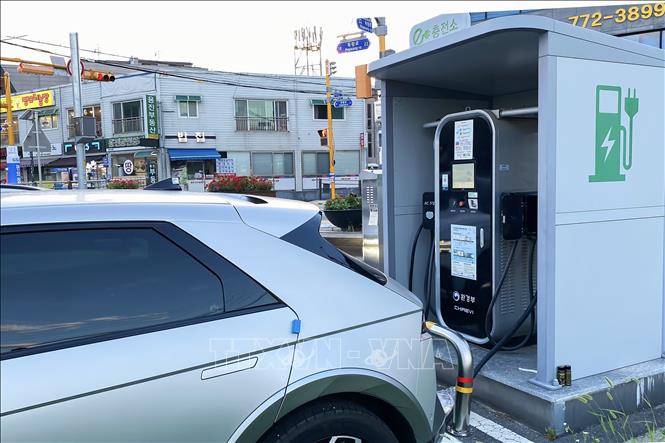



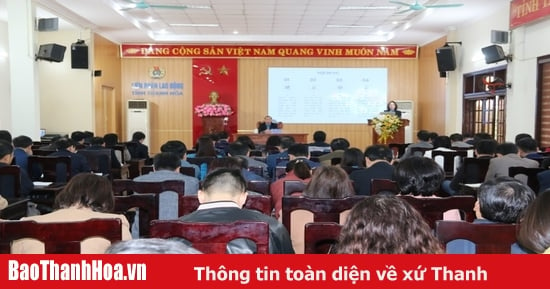



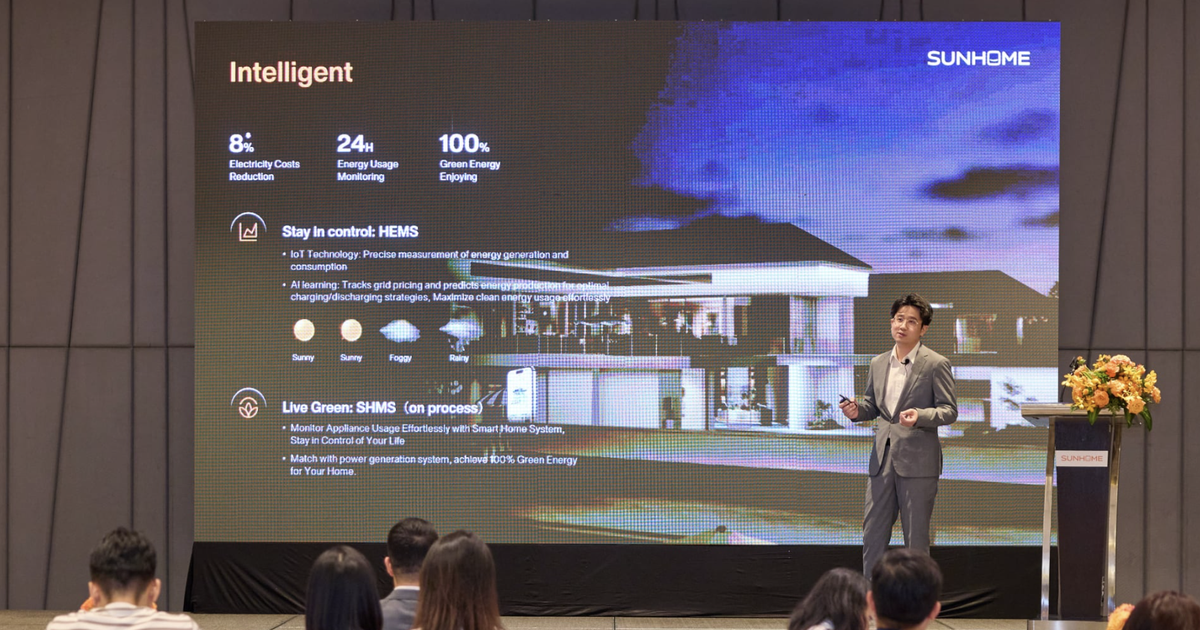

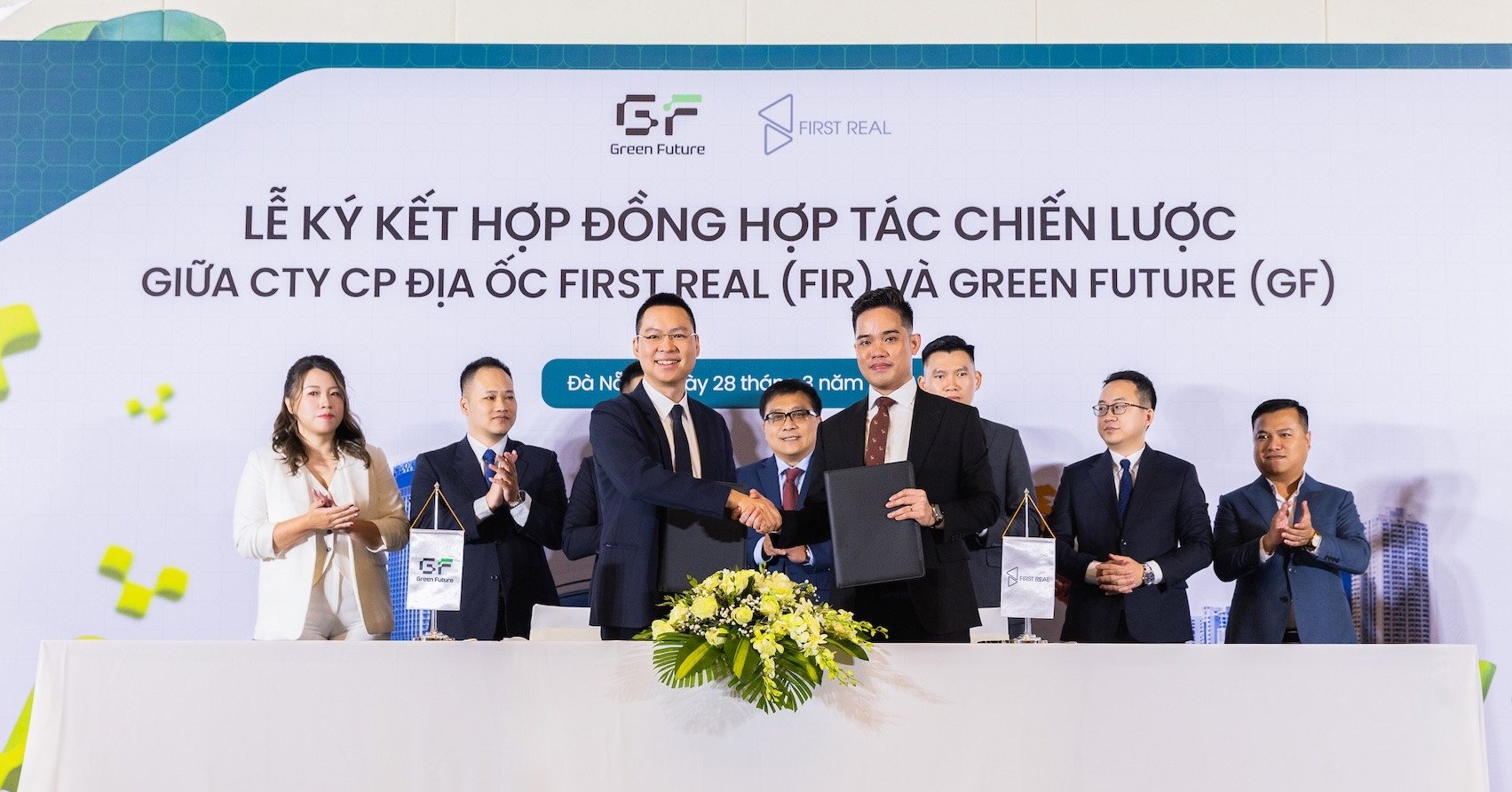


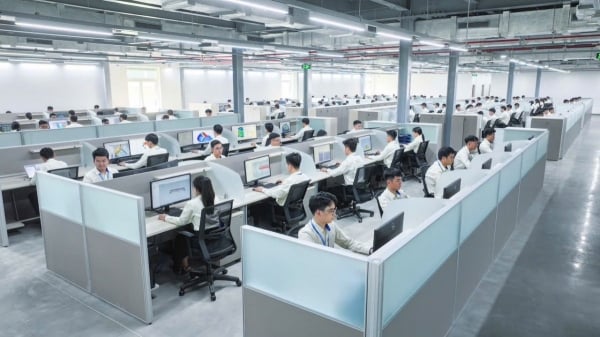

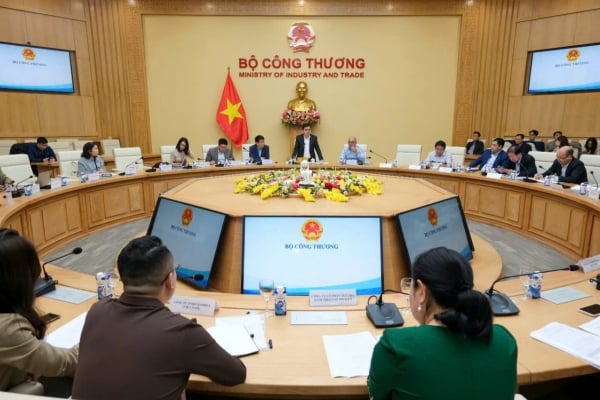
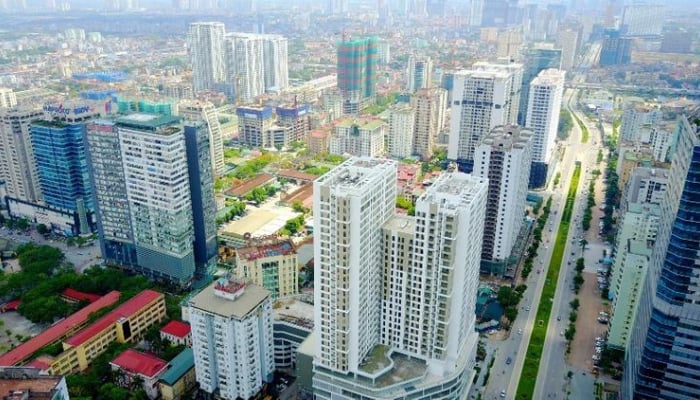






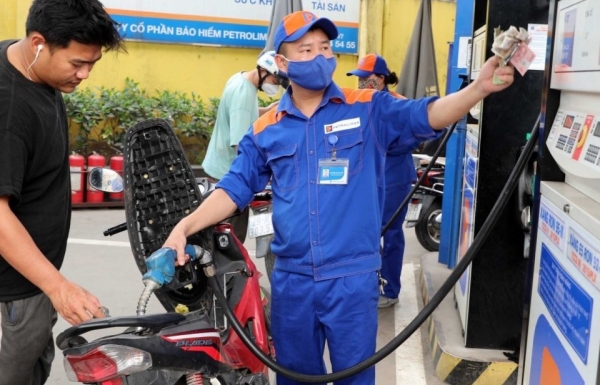
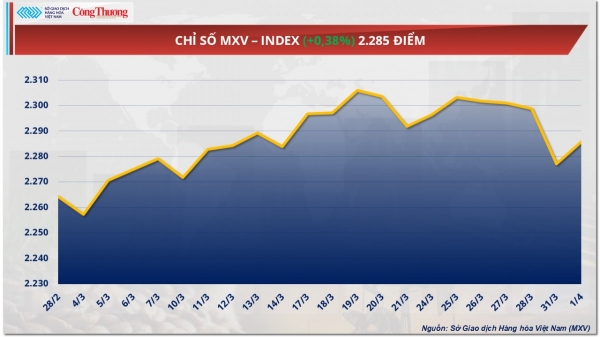





































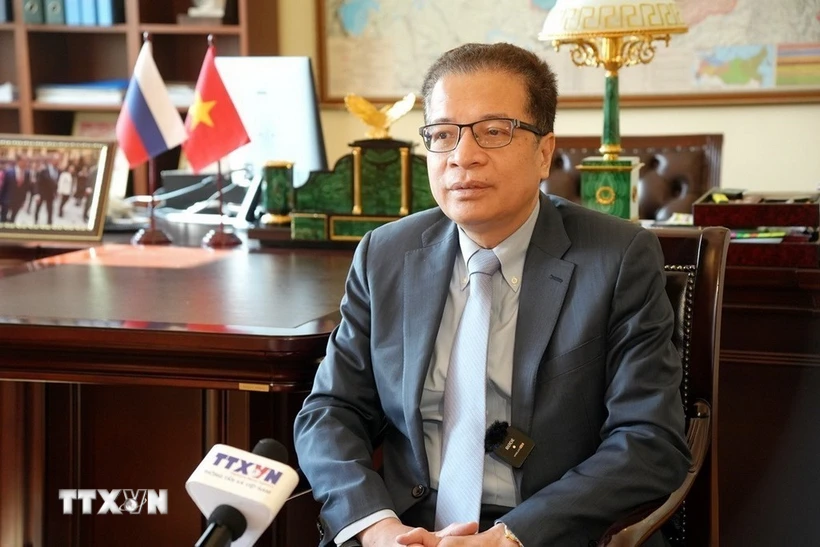

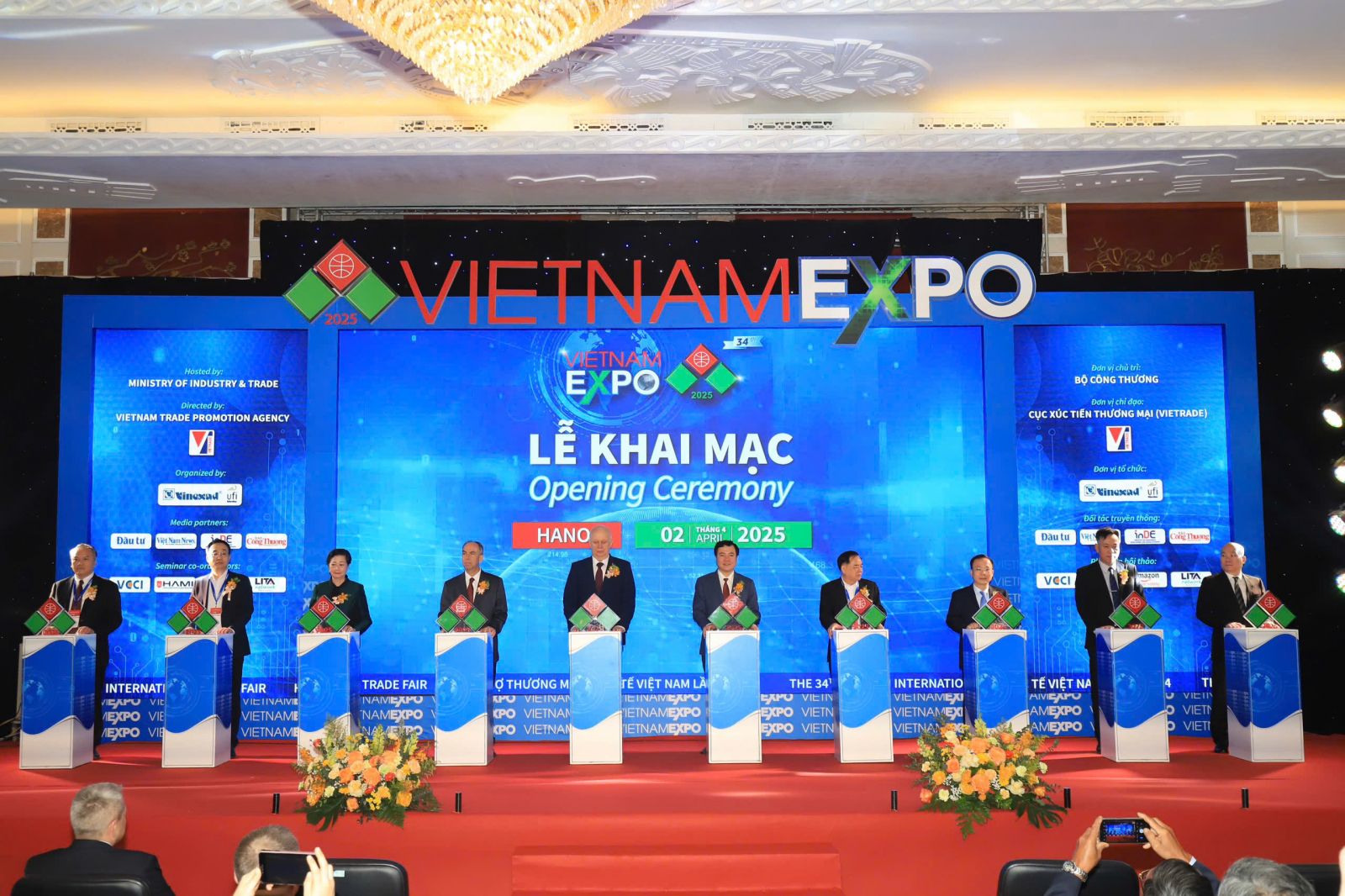




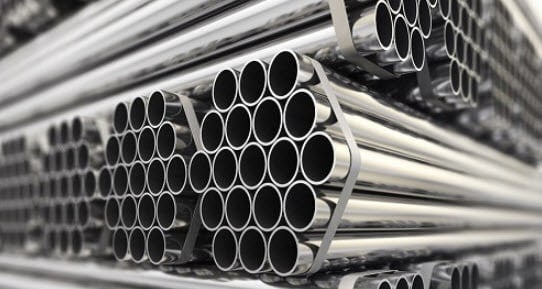


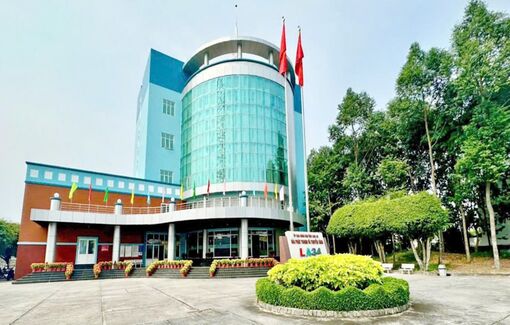

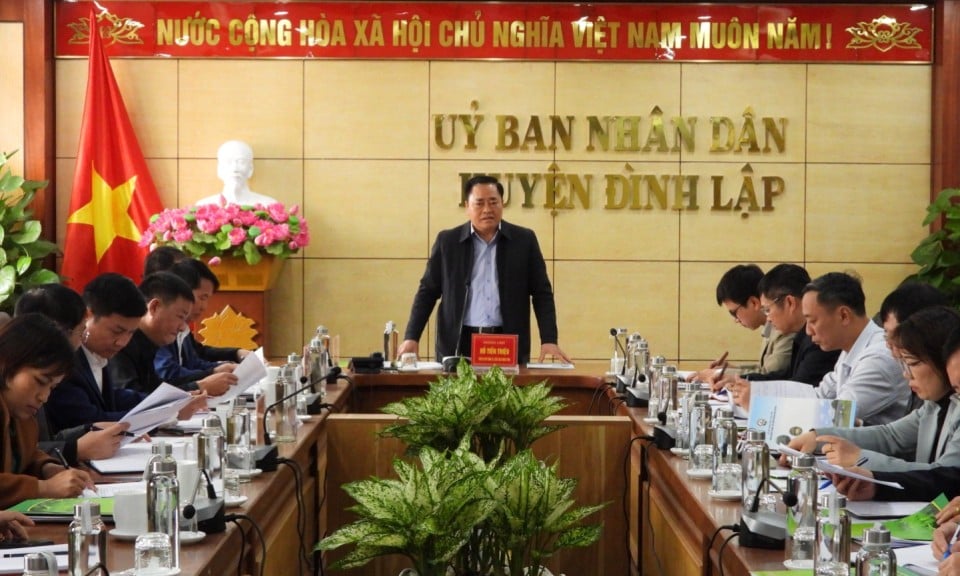




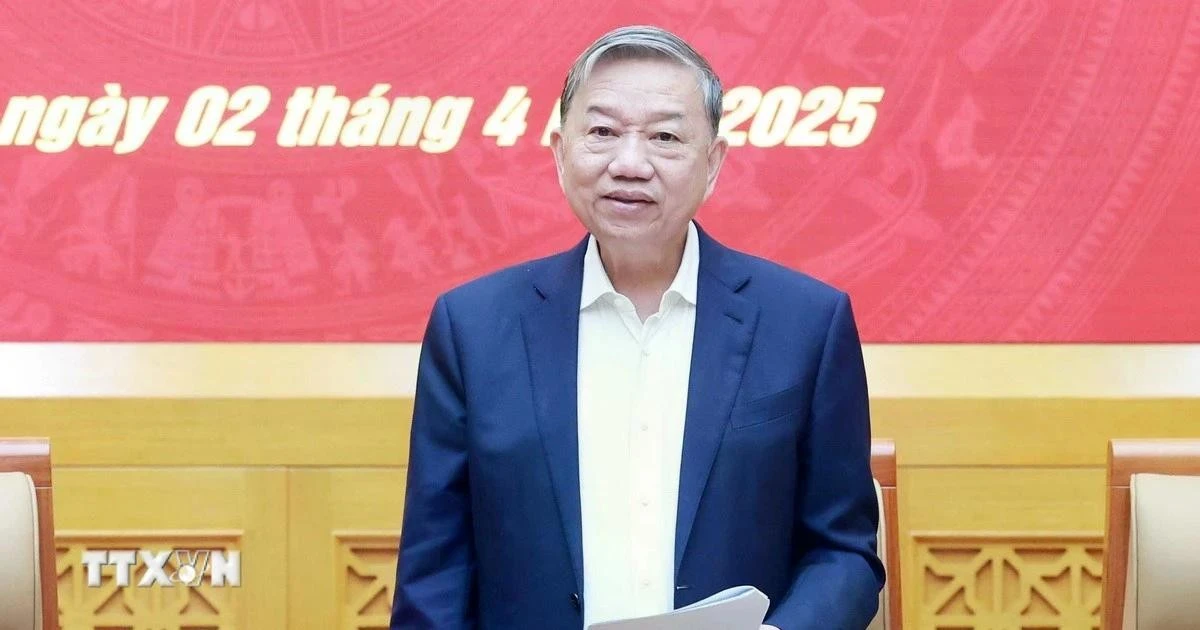












Comment (0)